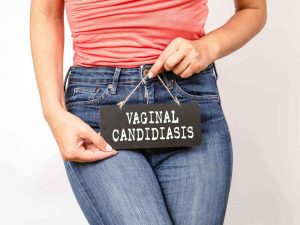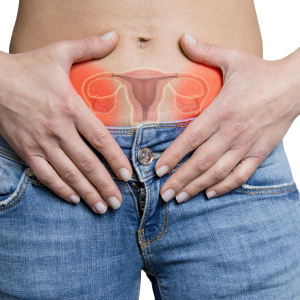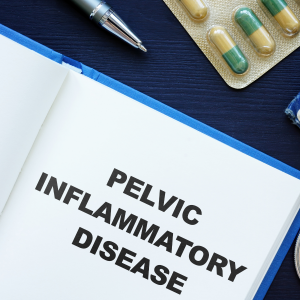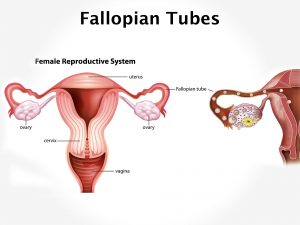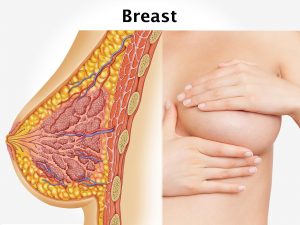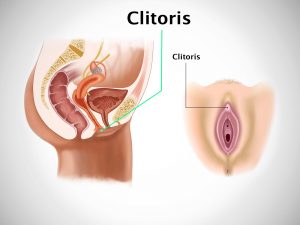Common menopausal symptoms and self-help tips
Common Menopausal Symptoms: Menopause is the beginning of a new chapter in every woman’s life. This is the time when the menstrual cycles of a woman stop. The ovaries terminate their production of female sex hormones called estrogen and progesterone. This happens mostly between the age of 45 and 55. However, menopause comes with its share of downs which can be disturbing and embarrassing. Here are 6 common symptoms of menopause and the ways to deal with them:
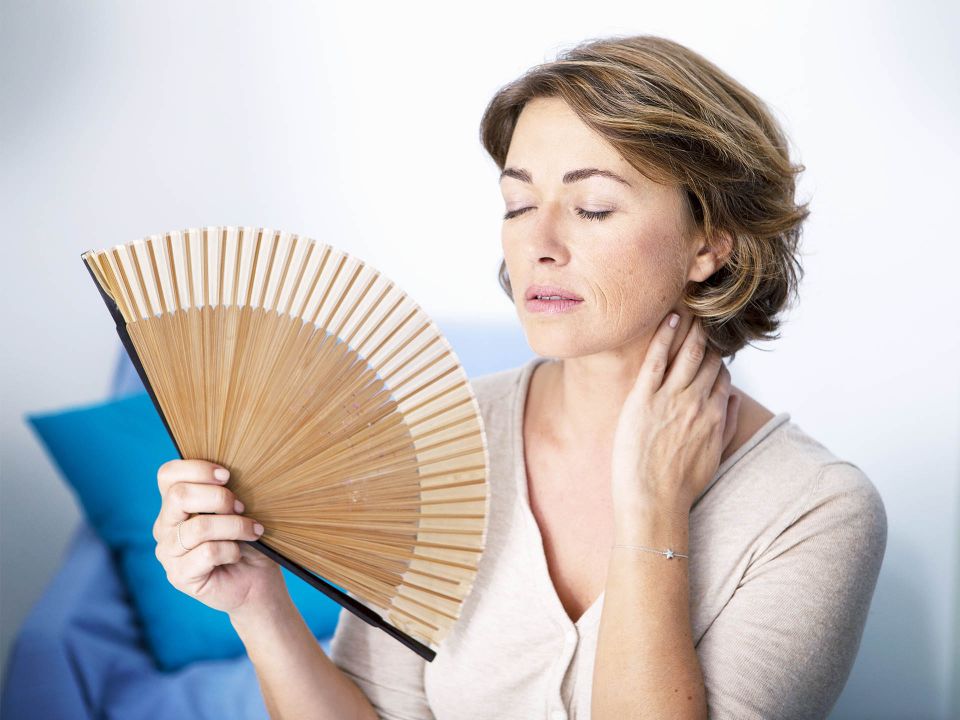
Symptom 1 - Hot flushes
This refers to the sudden feeling of heat which begins at the chest and develops over to the neck and face. It also causes sweating. When a woman reaches her menopausal age, she might experience this many times a day. These are most common in the first year following the stopping of your periods.
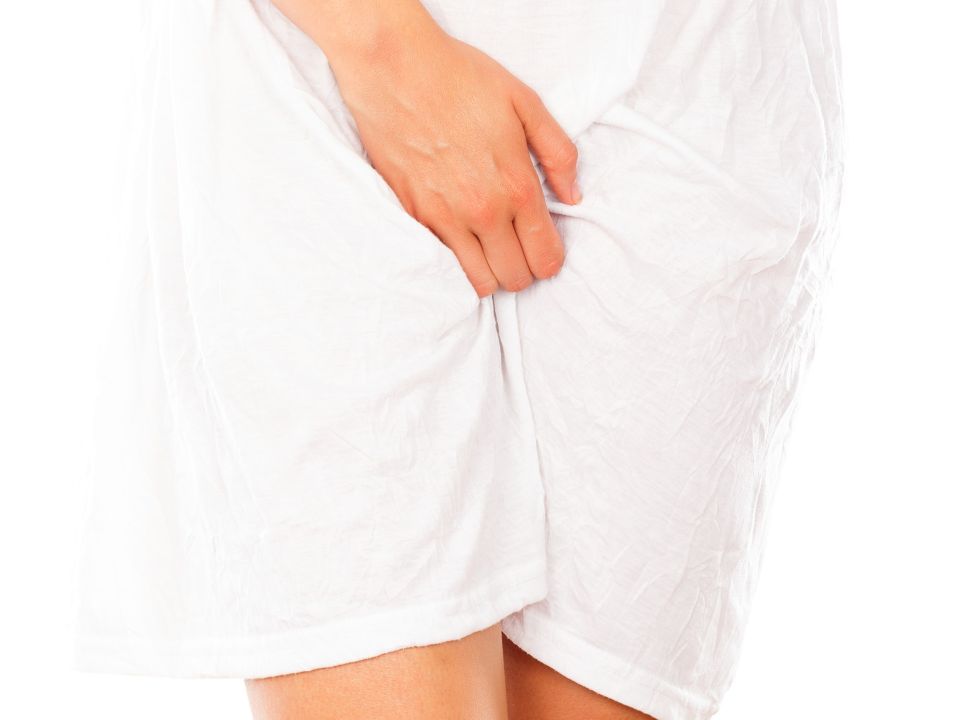
Symptom 2 - Vaginal dryness
Since menopause arrives with a fall of the estrogen levels, the walls of your vagina will tend to get drier and thinner. This can result in itching and irritation. You could also undergo pain during sexual intercourse.
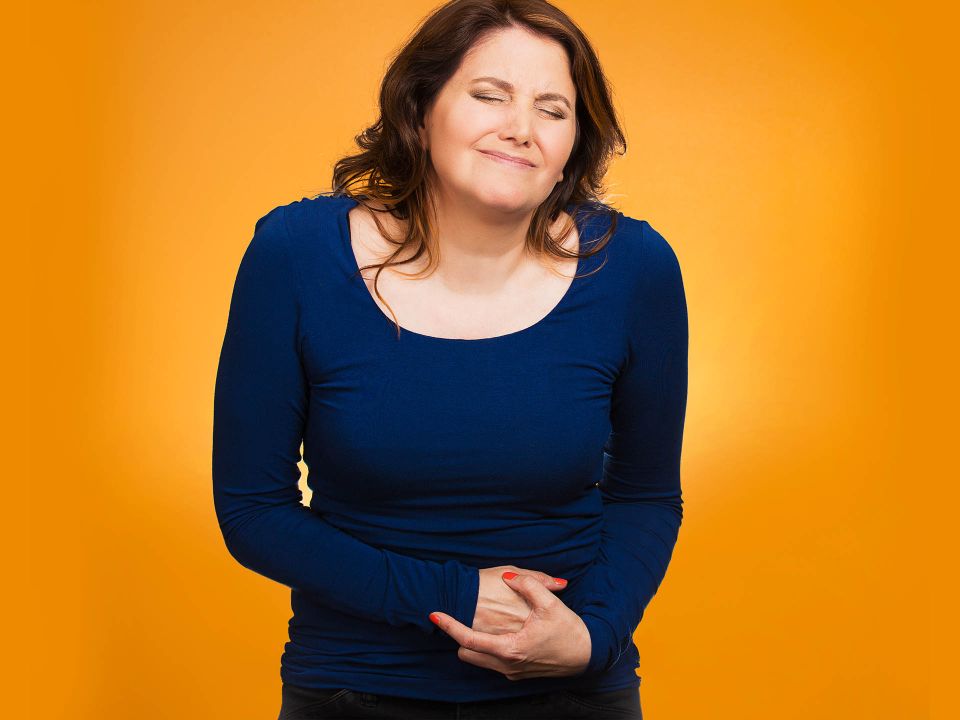
Symptom 3 - Urinary problems
You might face problems with bladder control due to reduced estrogen levels. This is exhibited by the leakage of urine when you sneeze, cough, or laugh. You could also experience painful urination and the tendency to urinate often.
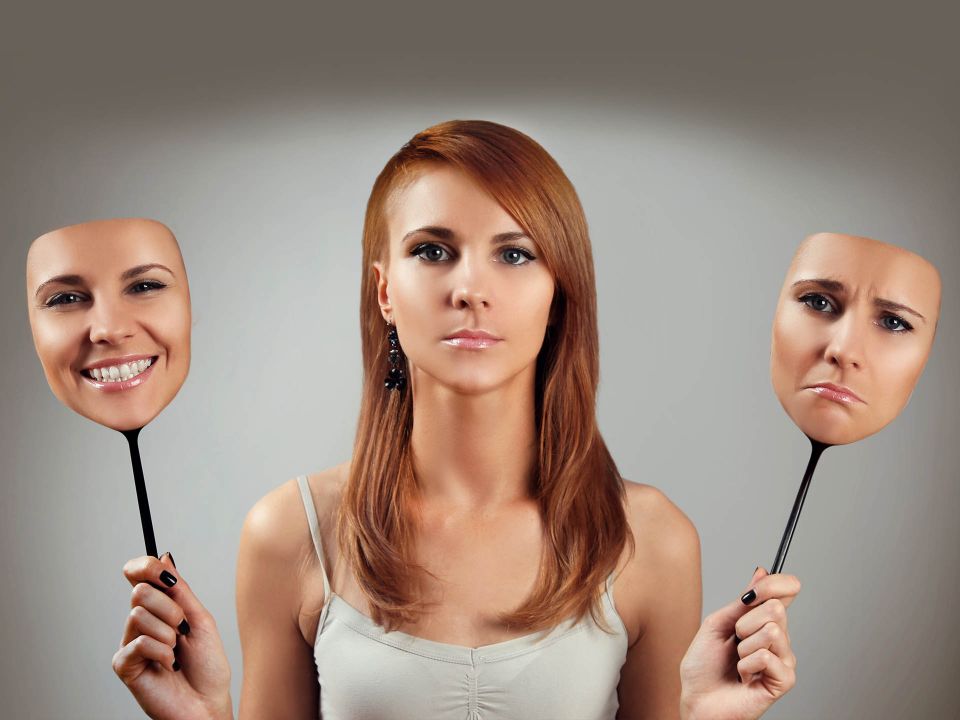
Symptom 4 - Mood swings
Hormonal changes lead to great mood shifts. Medical studies have found strong link between the lowering of estrogen levels and negative effect on serotonin which maintains your emotions and sleep.
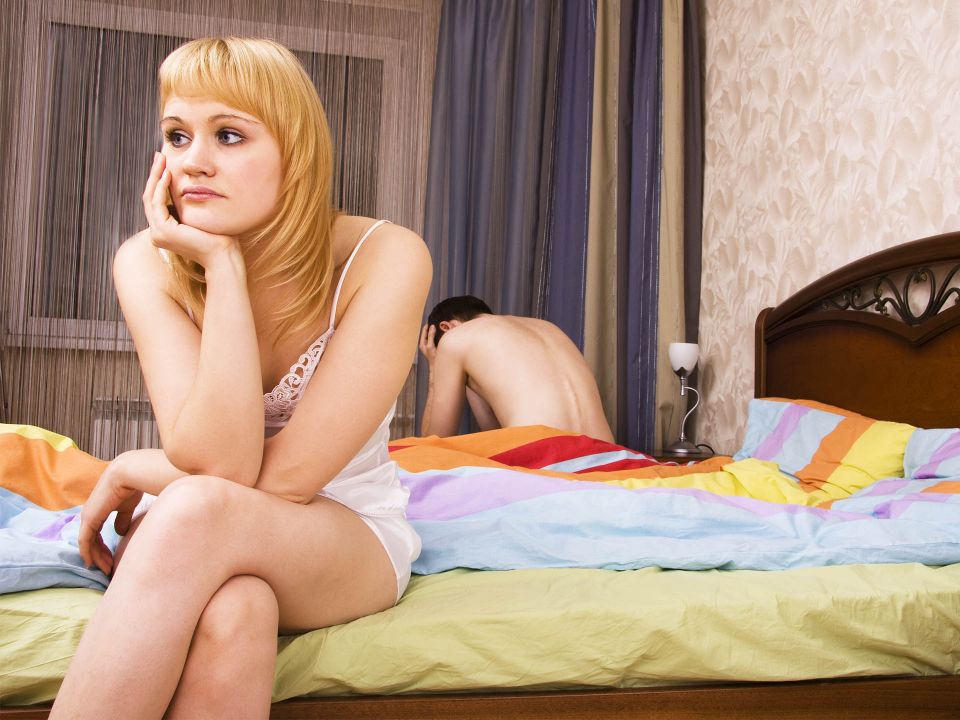
Symptom 5 - Sleep issues
Your sleep could be disturbed due to the frequent hot flushes. Many women also inform lack of adequate sleep, and in extreme cases, insomnia.
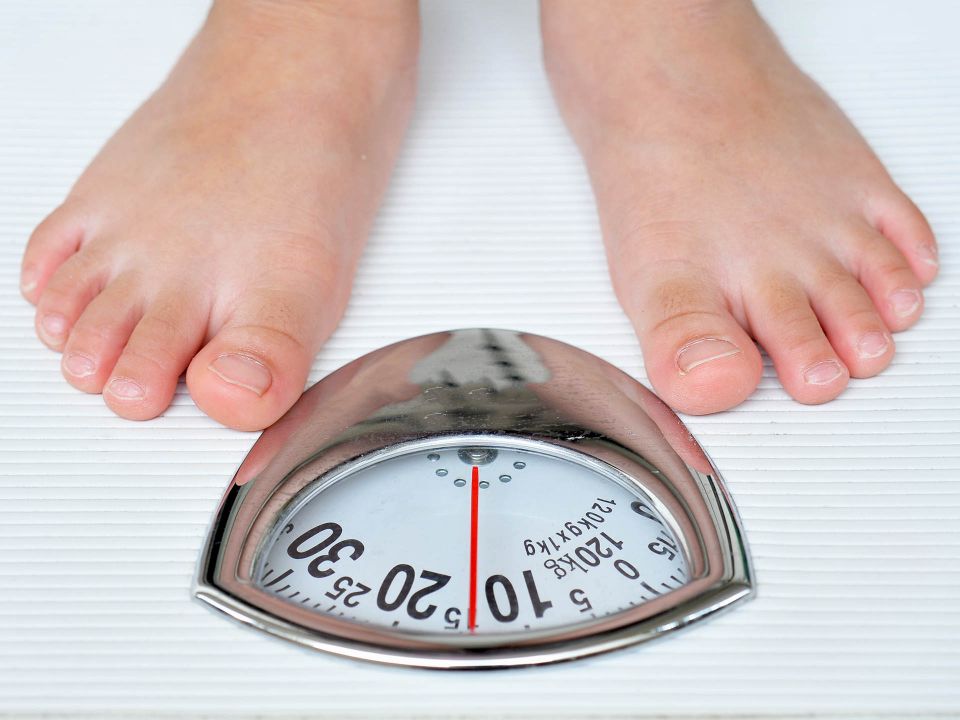
Symptom 6 - Weight gain
Since the estrogen levels fall down during menopause, many physical changes accompany. Women gain weight easily around their waist, in comparison to its concentration in the thighs and hips earlier.
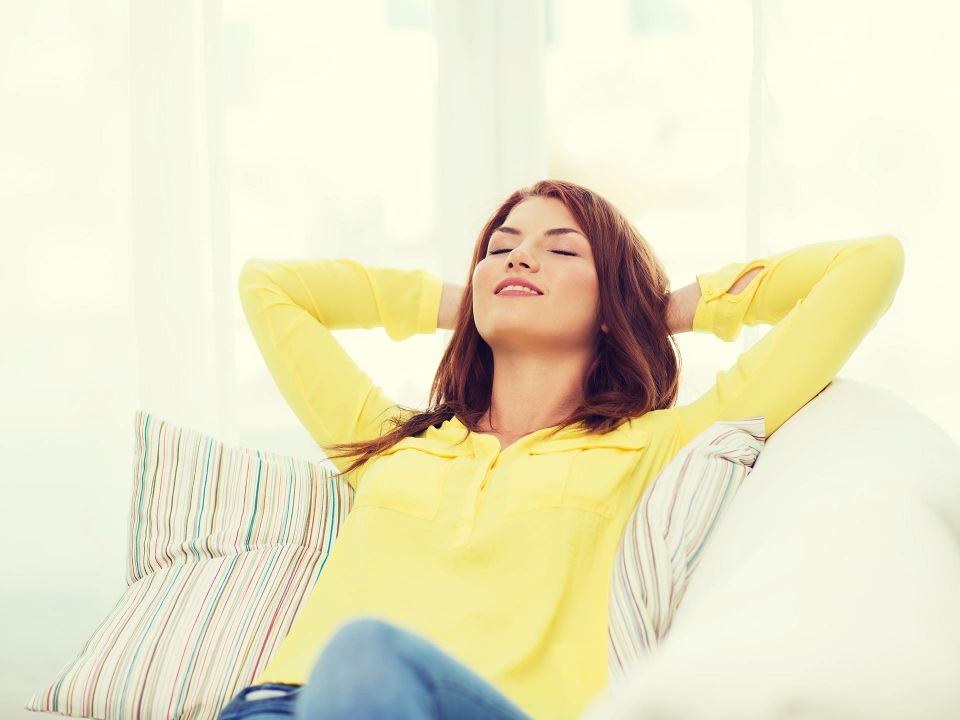
Self-Help tips to relieve menopausal symptoms : Tip 1 - Relaxation
Women going through menopause must calm down and take breaks from everyday monotony. Many other psychological stresses accompany the age span of 45 to 55 including the loss of a loved ones, aging of parents, or children leaving the house. The best way to deal with these is to get loads of rest, try yoga, and get regular exercise.
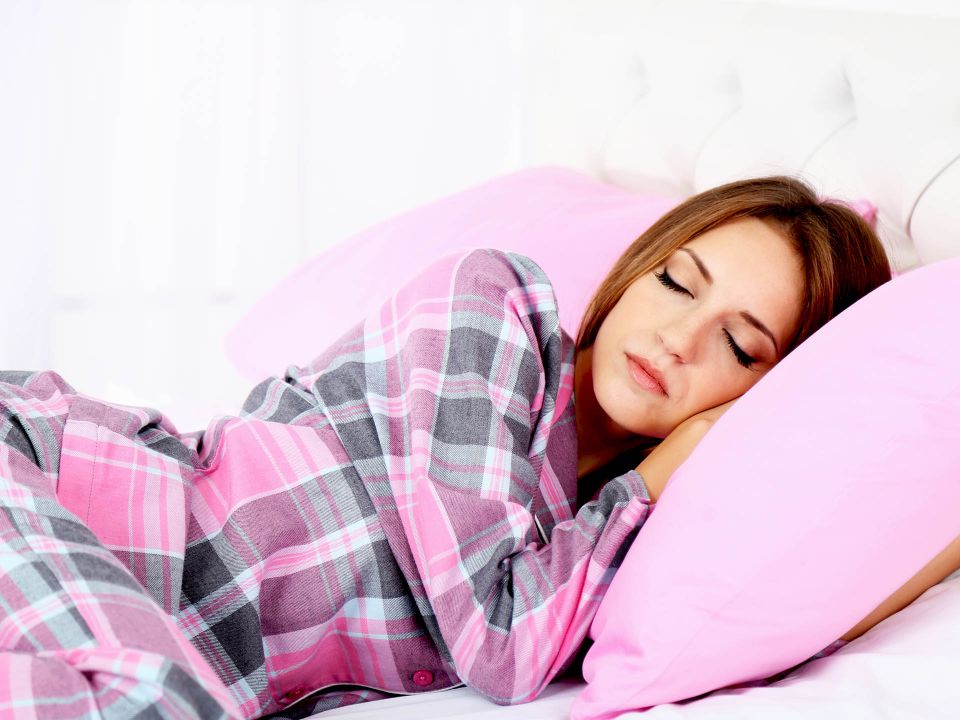
Tip 2 - Adequate sleep
Many menopausal symptoms can be treated by optimum amount of sleep. Do not perform any exercises two hours prior to bedtime. Make sure you go to sleep at the same time every night, as this is less likely to put your body in stress and stimulate hot flushes.

Tip 3 - Exercise
Women who exercise regularly do not face the symptoms with such a great intensity as others do. Apart from relieving you of the menopausal symptoms, it will also prevent aging-related diseases like heart issues and osteoporosis. Your bones and muscles will also remain stronger. You do not have to hit the gym and get into shape. Go for moderate aerobic activity every day of about 30 to 45 minutes. This could be walking, jogging, or swimming.
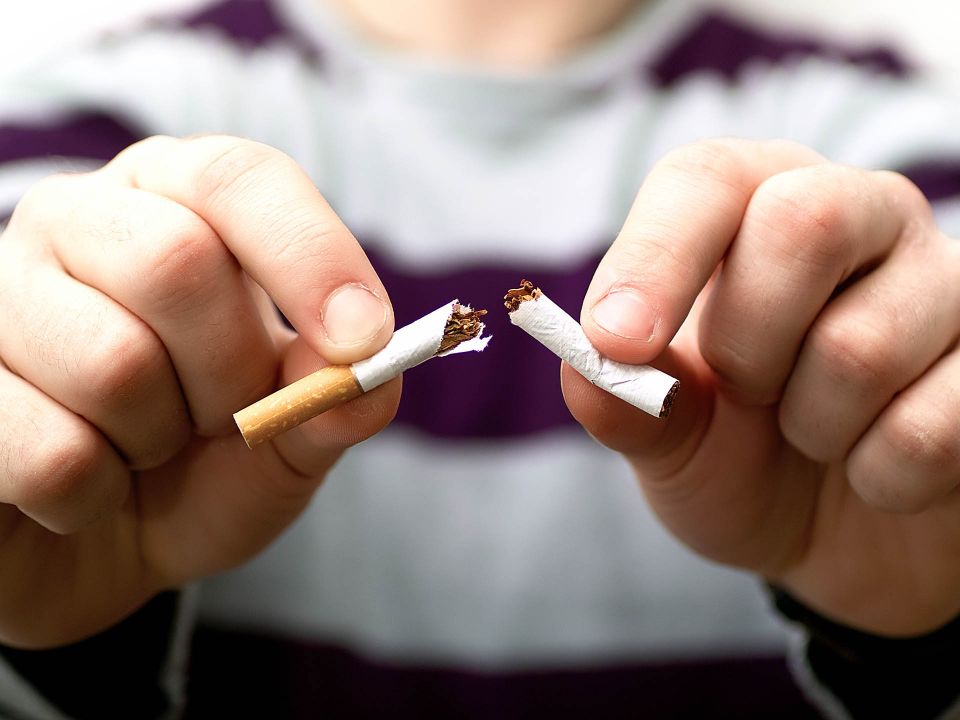
Tip 4 - Quit smoking
Those who smoke tend to have more severe hot flushes and have been found to respond lowly to the tablet types of Hormone Replacement Therapy.

Tip 5 - Lifestyle
Wear clothing which is light and made of cotton. If you have to wear layers, don those which can be removed easily. When you go through a hot flush, run your hands under cold water. You can also take a shower if it is severe. Sleep in a room which is cool. By your bedside, keep a cold drink, wet wipes, and fan. It is also better to use a cotton bed linen.
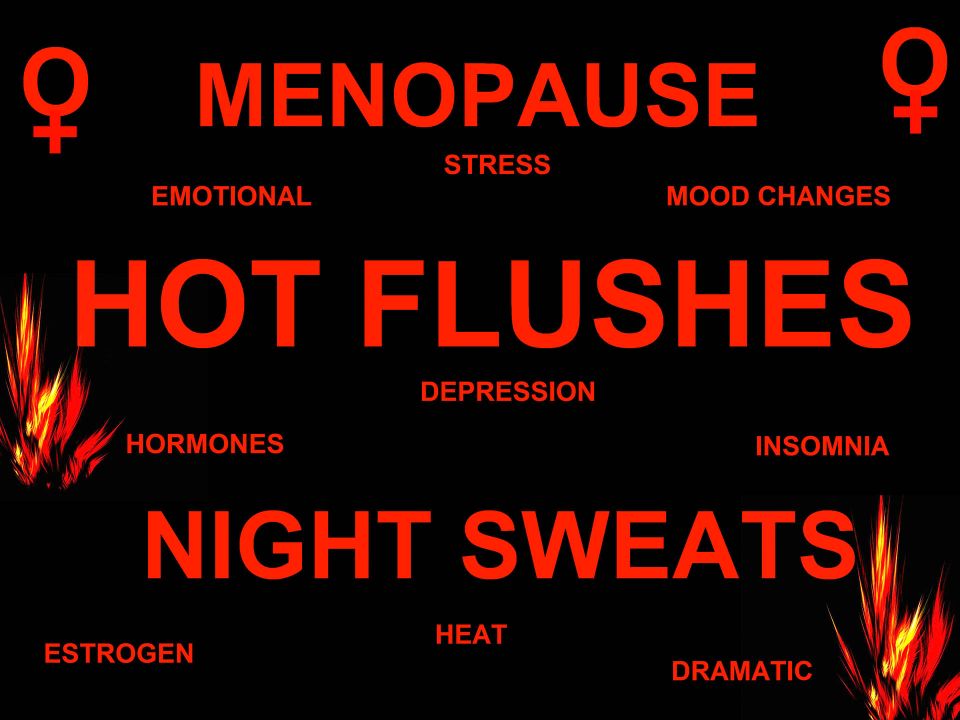
Tip 6 - Medications and avoiding triggers
Do not consume or use items which can trigger hot flushes like alcohol, hot drinks, or spicy food. You can also use over-the-counter lubricants or moisturizer to treat dryness of vagina. It is also said that having sex regularly keeps the vagina healthy. If you feel pain during sex, talk to your partner and look for ways to make yourself comfortable.
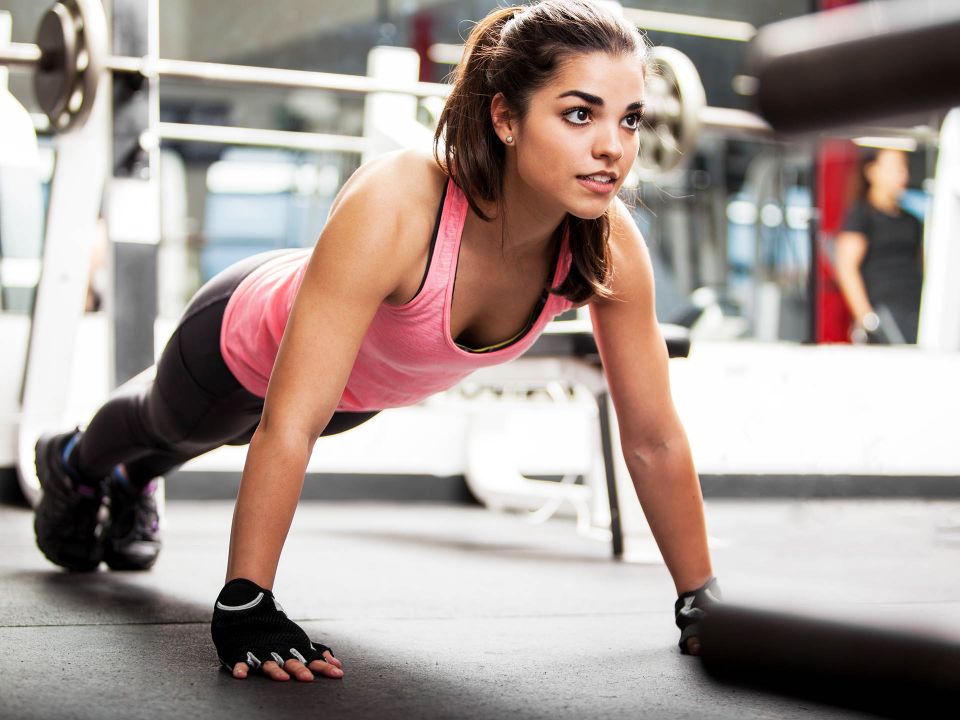
Tip 7 - Urinary issues - Exercises
Check out some pelvic muscle exercises to treat urinary bladder control issues. Keep yourself well hydrated. This will keep your urinary system balanced and keep infections at bay.
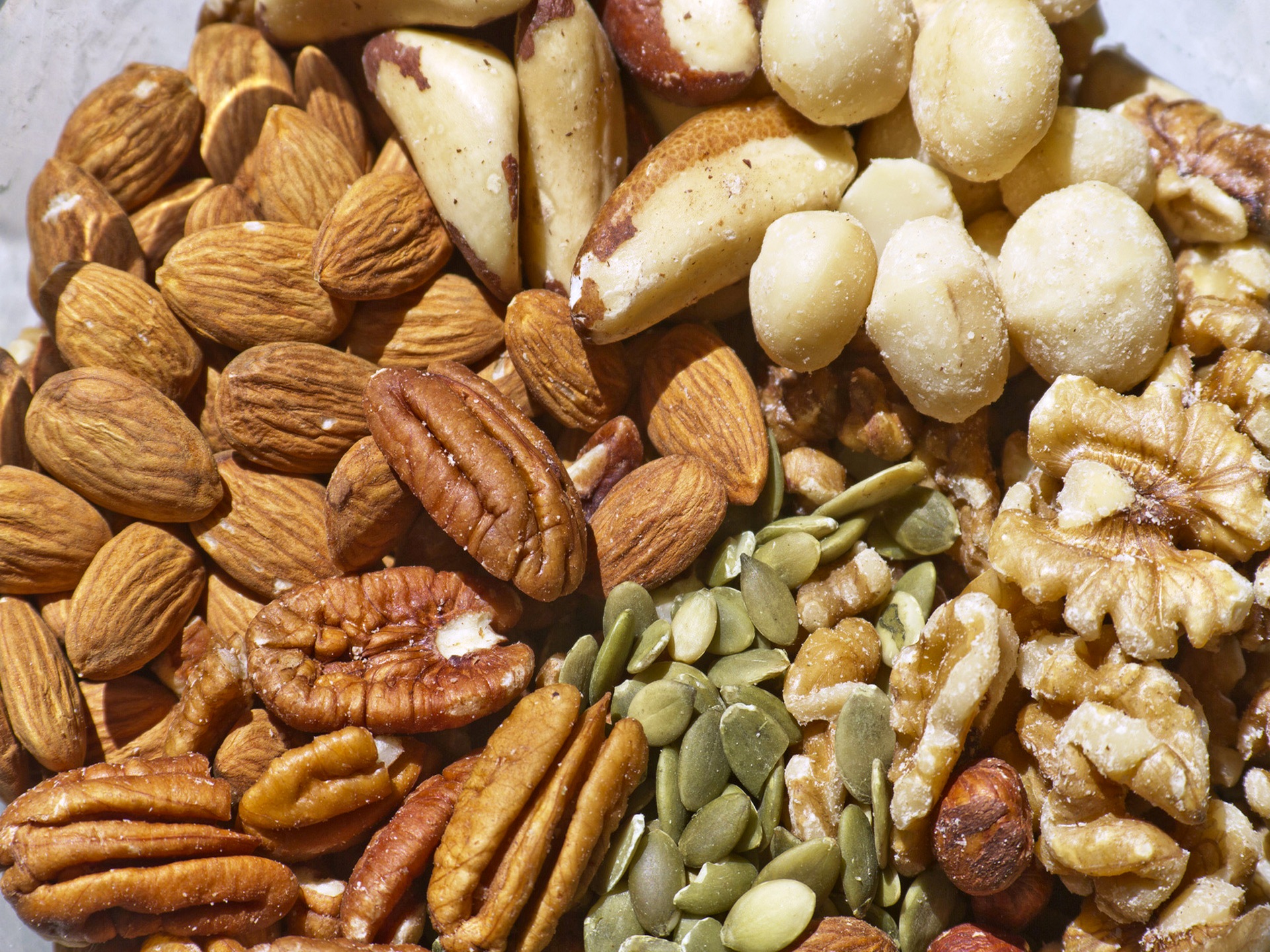



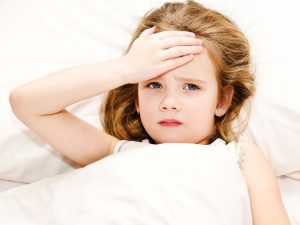

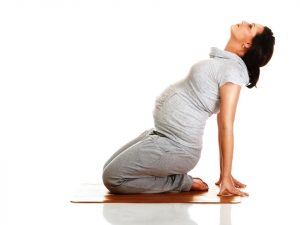


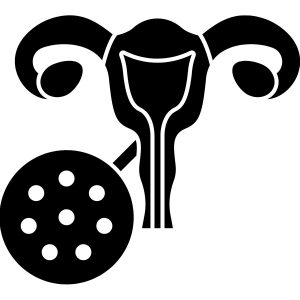
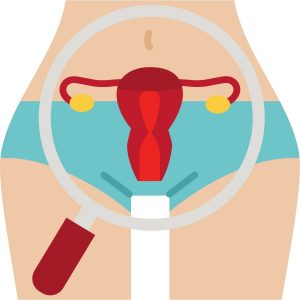
![Lobular Carcinoma In Situ [LCIS]](https://moho.loopshell.com/read/wp-content/uploads/2022/01/Lobular-Carcinoma-In-Situ-Lcis-300x300.png)
